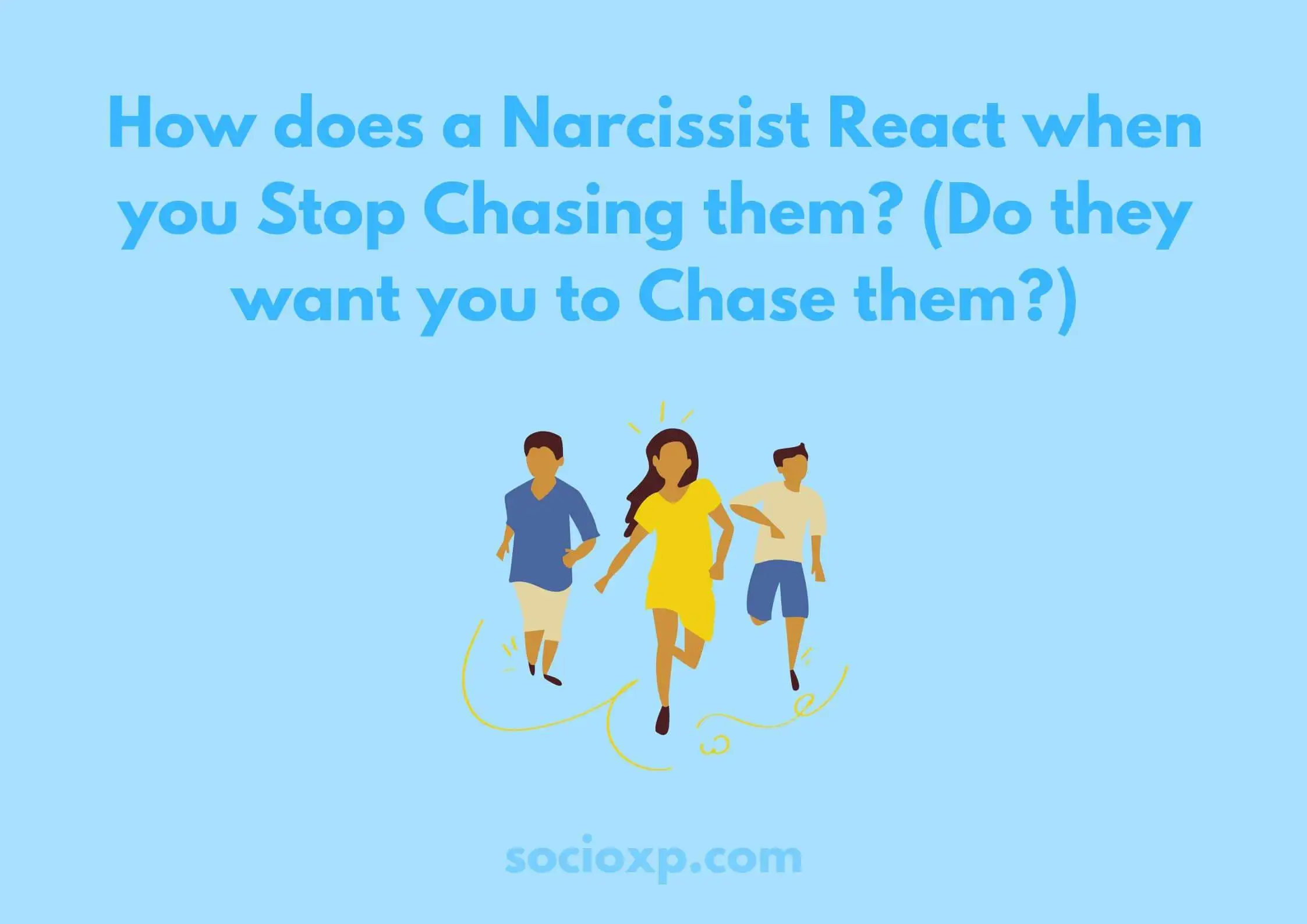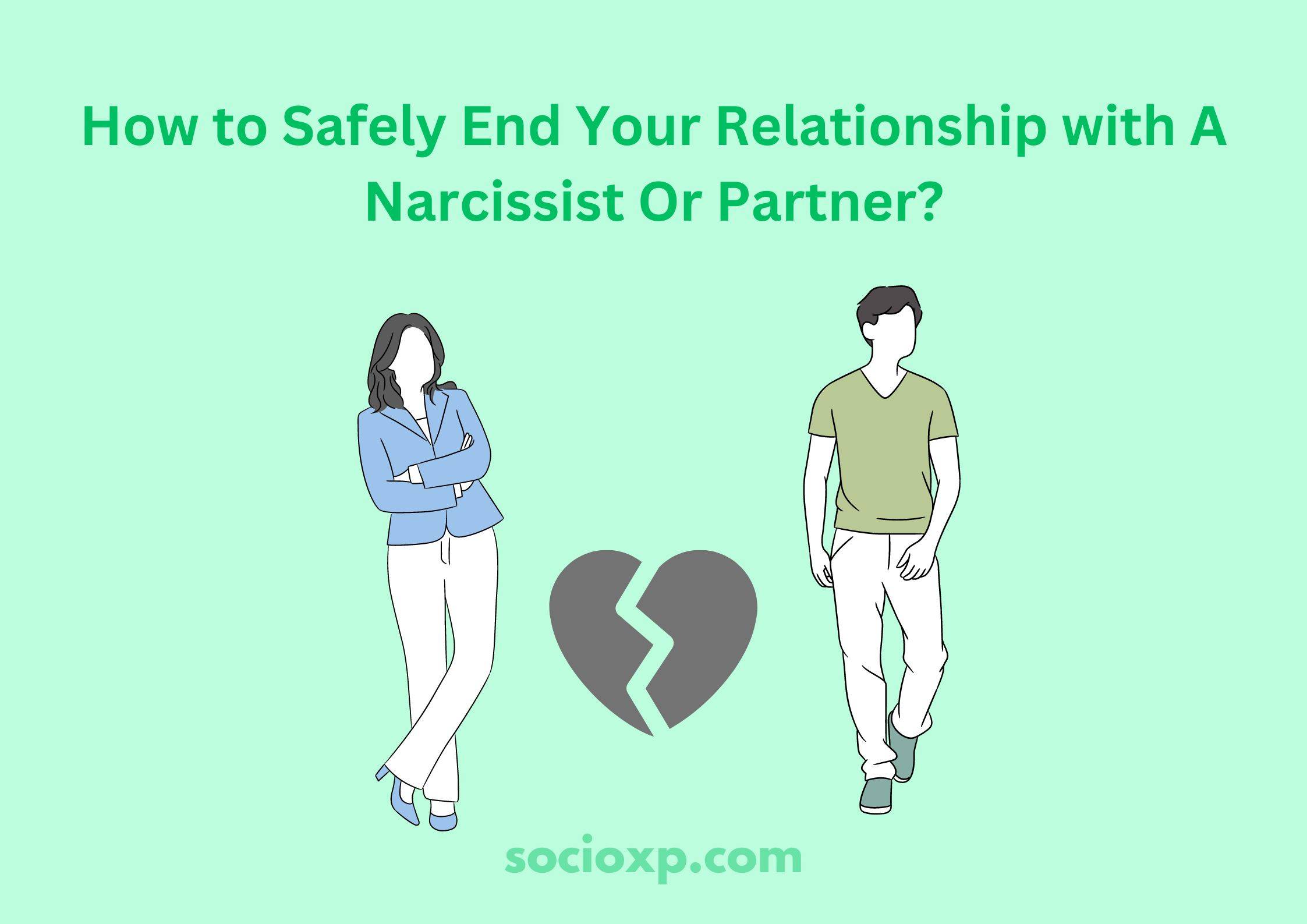The Dark Side Of Narcissistic Empathy
Narcissists and the entire concept of empathy do not fit together as narcissists lack genuine empathy. Here the dark side of Narcissistic Empathy is discussed.
A narcissist is characterized by boosted self-importance, self-absorption, exploitation of others, grandiosity, and lack of empathy, thus they are the epitome of selfishness.
A Narcissist is an individual who is often defined as a difficult individual, very difficult to live with, and tough to endure. A Narcissist is an individual who is excessively obsessed with having control, also they expect everyone around them to focus just on them.
They intend to be the center of attraction in all situations. They should be the elephant in the room all the time. Narcissists are control freaks, sly, mean, selfish, and much more. Most importantly Narcissists lack empathy on many occasions until it affects them. Narcissists do know empathy, but they never tend to care, understand, and be easygoing for others as they think vulnerability and being soft to others are negative traits that can be used against them.

People usually tend to cover up all their bad deeds, negative behavior, and toxicity by making it behind their lack of empathy. Lack of empathy is said to be one of the peculiar traits of a narcissistic individual or people suffering from Narcissistic Personality Disorder. But that is not entirely true for that matter.
Narcissists lack empathy, and thus they are also referred to as dark empaths. Empathy is a trait that steers a person’s personality from an individual who is unloving, insensitive, and hard-hearted, to someone who cares, is sensible, and is considerate. Dark empathy, also known as cognitive empathy is the expertise to understand, share, and respond to vindictive and nasty behavior.
Empathy can be divided into three types,
Affective Empathy – It is the ability to feel and understand genuine emotions of other people. This may include crying or getting hurt while watching a sad scene in a movie.
Compassionate Empathy – Compassionate empathy is the extreme ability that allows a person to feel, understand, and reciprocate by helping the person in need. It goes beyond understanding and feeling.
Cognitive Empathy – Cognitive empathy includes registering and experiencing what others feel emotionally, but remaining passive and not reacting.
Thus narcissists relate much more with cognitive empathy. This means that narcissists do have empathy, but it is only a cognitive process or an intellectual empathy.
A narcissist is capable of feeling all emotions, it is just that they do not acknowledge them and express them due to their vulnerabilities. They fear expressing emotions can make them emotionally weak and vulnerable and might create a weaker image in front of others. They fear that once they surrender to their feelings they might lose control and power.
They would be emotionally unavailable in their relationships. But they do possess empathy, just for the sake of presenting themselves as someone caring and mature in front of others. They may not understand the actual meaning of the word empathy, they would display a certain behavior that may resemble or resonate with empathetic feelings to boost their image.

They do this because they feel that humans have the power to infiltrate their image or disrupt their grandiosity, thus they willingly wish to not display empathy in most cases. Though not all narcissists choose not to be unempathetic, most of them do, as they fear that emotional empathy might make them vulnerable and weak, it may also make them lose their control and power over others and damage their mighty reputation.
So the answer to the question, “Are narcissists Empathetic?” can be a YES! Narcissists do possess empathy, but it is cognitive empathy. Meaning that they would undeniably be able to understand that the other person is suffering, hurt, or sad, but they are unwilling and demotivated to take any action related to that. They can feel other people’s pain, but they are not willing to comfort them, care for them or at least be a supporter of them.
Considering their narcissistic traits, their behavior is inconsistent. This means their behavior changes and depends on whom they may be dealing with. This can be confusing for others, but people associated may be able to understand this closely.
Narcissists have a different set of rules while socializing. They may Be over-friendly and understanding with someone but might be extremely rude with somebody else. So here the question arises, how do they decide? To answer this, narcissists would change their behavior depending upon the attention, limelight, and focus they need on them.
Anyone close to the narcissist would be well aware of the inconsistency of their shifting behavior according to the narcissist’s needs, desires, and obligations. The basis of behavior and conduct can be directly related to the level of empathy one can feel.
The Dark Side Of Narcissistic Empathy
There is a myth about narcissists that they have no empathy. This might be not accurate to claim such a bold declaration, however, it can be true that narcissists have a lean scope for empathy or have limited empathy reserved for only those people with whom they have some intention. They are extremely selective and reserved while displaying their vulnerability and empathetic side.
Narcissists do feel empathy towards other people but only those who showcase more empathetic behavior for them. People who come across as inferior, vulnerable, or somehow weaker than the narcissist, often get to see the empathetic side of the narcissist. Thus they can be empathetic toward their prey or victims than high achievers.

Narcissists may reserve their kindest and most empathetic self for someone weak and vulnerable; which can be an elderly person. They may also display some amount of empathy for someone who is suffering emotionally. So what is so special about this? Anybody can be empathetic in such situations.
But here is the ultimate truth, narcissists may only choose to be empathetic and vulnerable with such people as they may be a no threat to their grandeur image or they may not harm or challenge their egos. They may also not trigger the narcissist’s sense of competition which may be a problematic situation.
Narcissists may never be empathetic and vulnerable to those with whom they think as high achievers or have something that the narcissist craves. However, this may vary depending on individuals. Someone who comes across as well-linked, a high achiever in the field, financially sound and rich, physically attractive, or someone who has a greater influence.
Someone who may be a threat to the narcissist’s high-end image or simply attention seeking, or grabbing the spotlight becomes an immediate threat to the narcissist. In such cases, narcissists may rather be jealous and may also have malicious thoughts about destroying or insulting them as they are stealing the limelight that the narcissist may deserve.
The empathy that narcissists possess is often self-centric or desire-driven. These desires may emerge from their need to attain attention, control, or admiration. But the dark side of the narcissistic empathy can be visible when they,

The narcissists wish to exploit other people’s empathetic sides to gain power and give action to their ill agendas.
They may display ingenuine empathy when they might have hurt someone deeply. But remember this empathy is insincere so do not get carried away with it. They may be displaying fake emotions to seek forgiveness and restore their goody and positive self-image.
They might have disregarded someone else’s boundaries more than often and thus manipulated them into believing it was something normal by displaying fake empathy.
Narcissists often have difficulties in maintaining healthy relationships due to their self-centered and ego-centric personalities. They have transactional relationships and thus to gain something they are empathetic towards people for whom they wish to establish a genuine heartfelt connection.
Narcissists would mimic or simply copy other people’s empathetic reactions. They may never feel it from within, but just to fit in socially they would act to be empathetic.
Narcissists have shallow relationships and thus they may simply show fake empathy to keep the relationship going to obtain their narcissistic supply.
How to protect yourself from an Unempathetic and toxic narcissist?
There are a few simple ways in which an empath can keep their mental health unaffected or less harmed by the narcissist’s manipulative tactics,
Disconnecting from the narcissistic trauma from time to time
Disconnecting from the narcissistic trauma from time to time can ensure your mental peace. Letting go of hurtful and unwanted trauma, comments, moments, and life experiences can be a great relief for healing.
Knowing more about Narcissism
Knowing more about Narcissism can help you understand your NPD individuals or anybody with NPD(Narcissistic Personality Disorder) better. This is the best and utmost way to cope with a narcissistic person. You can also know ways and tricks to handle a narcissist more efficiently.
Setting firm boundaries
Setting firm boundaries might initially upset the narcissist, but with time this would ensure your mental peace, individuality, privacy, and worth. Be less accessible to them and focus on healing them.
Final Thoughts
The most important to understand regarding the dark side of narcissistic empathy is that narcissists do display empathy, but it is often inconsistent and selective. Their feelings may hardly be genuine based on their purpose.
Narcissists do feel empathy towards other people but only those who showcase more empathetic behavior for them. People who come across as inferior, vulnerable, or somehow weaker than the narcissist, often get to see the empathetic side of the narcissist. Thus they can be empathetic toward their prey or victims than high achievers.
- How does a Narcissist respond to No Contact?: 10 Plausible reactions - November 6, 2025
- The Inverted Narcissist: Traits that Describe Them - November 6, 2025
- What is an Empathetic Narcissist?: Meaning, Traits, and Ways to Cope with Them - November 4, 2025


